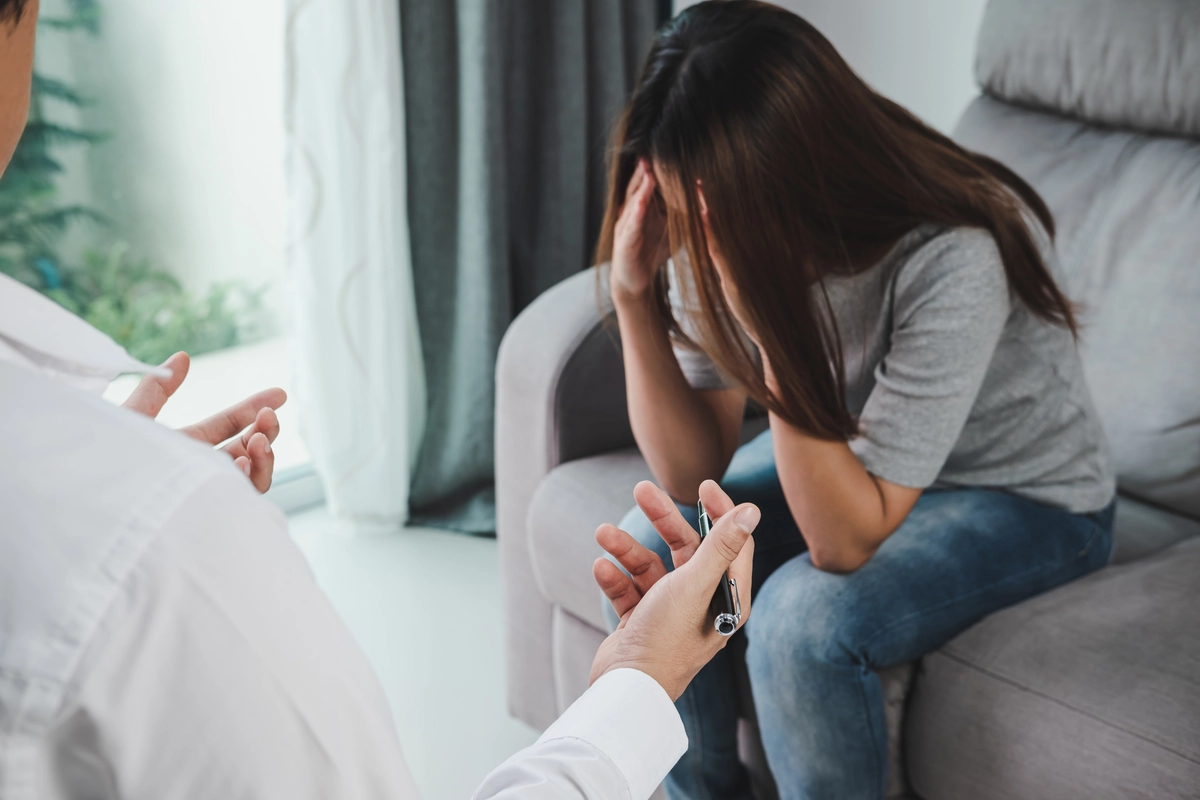24/7 Helpline:
(866) 899-111424/7 Helpline:
(866) 899-1114
Learn more about PTSD Rehab centers in Eustis
PTSD Rehab in Other Cities

Other Insurance Options

AllWell

WellCare Health Plans

United Health Care

Meritain

Horizon Healthcare Service

MVP Healthcare

Private insurance

Access to Recovery (ATR) Voucher

Coventry Health Care

Carleon

WellPoint

Sutter

Aetna

Choice Care Network

GEHA

Sliding scale payment assistance

EmblemHealth

Optima

Oxford

BlueShield

LifeStream Behavioral Center
LifeStream Behavioral Center meets the behavioral healthcare needs of Lake and Sumter County residen...

LifeStream Behavioral Center – LAKE Academy
LifeStream Behavioral Center - LAKE Academy provides both academic and therapeutic services to child...

Next Step Village – Eustis
Next Step Village is a private organization located In Eustis, Florida. Next Step Village provides s...






